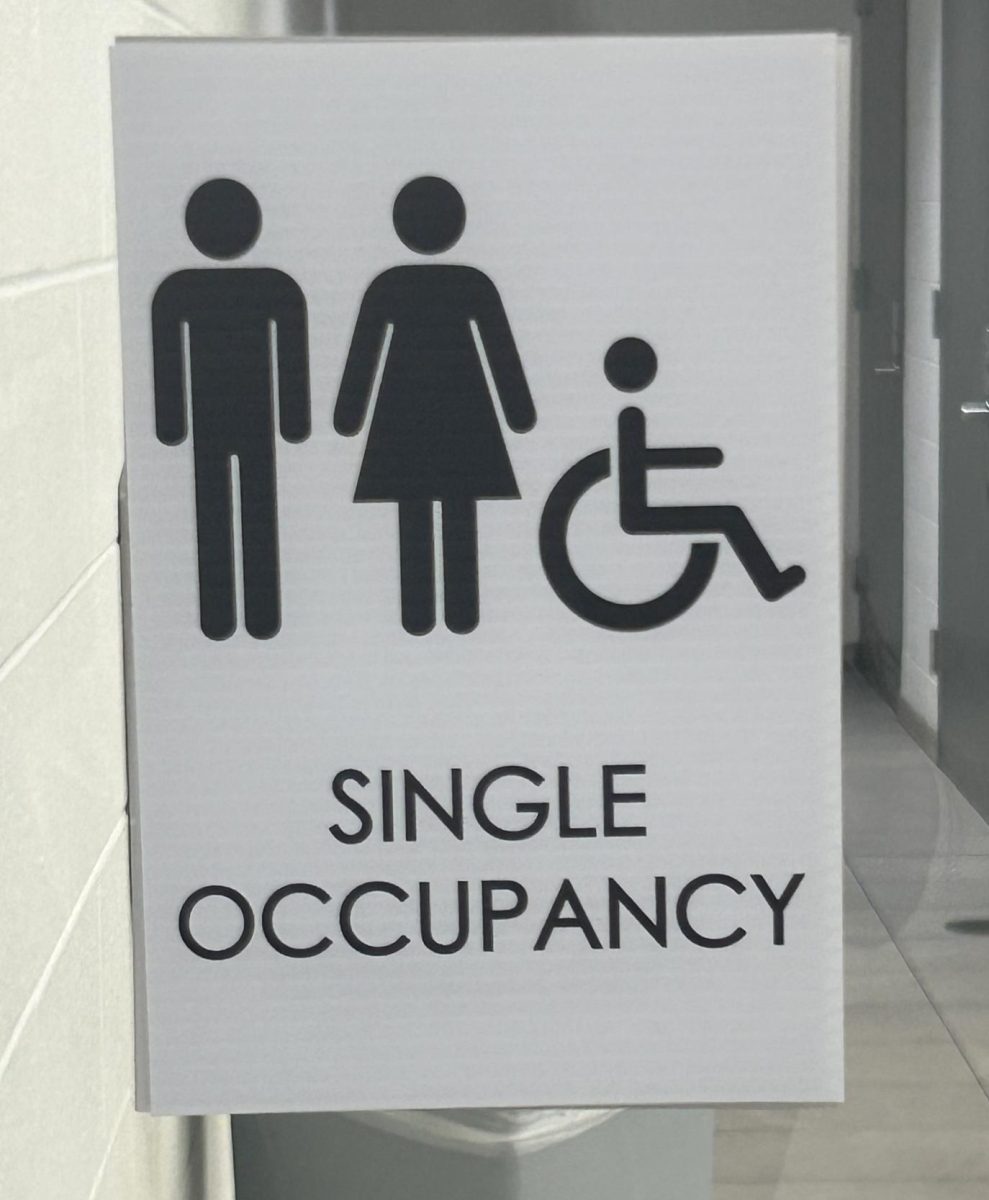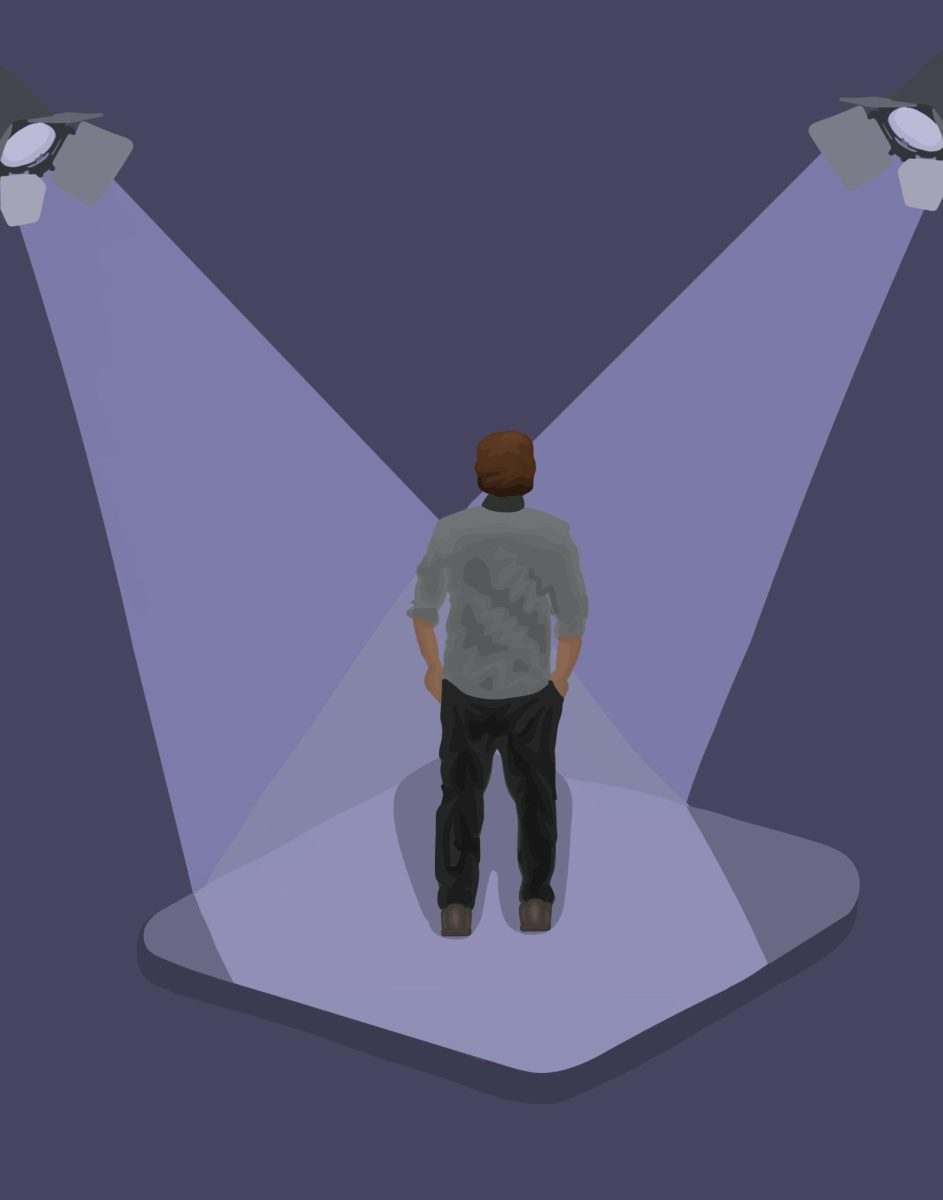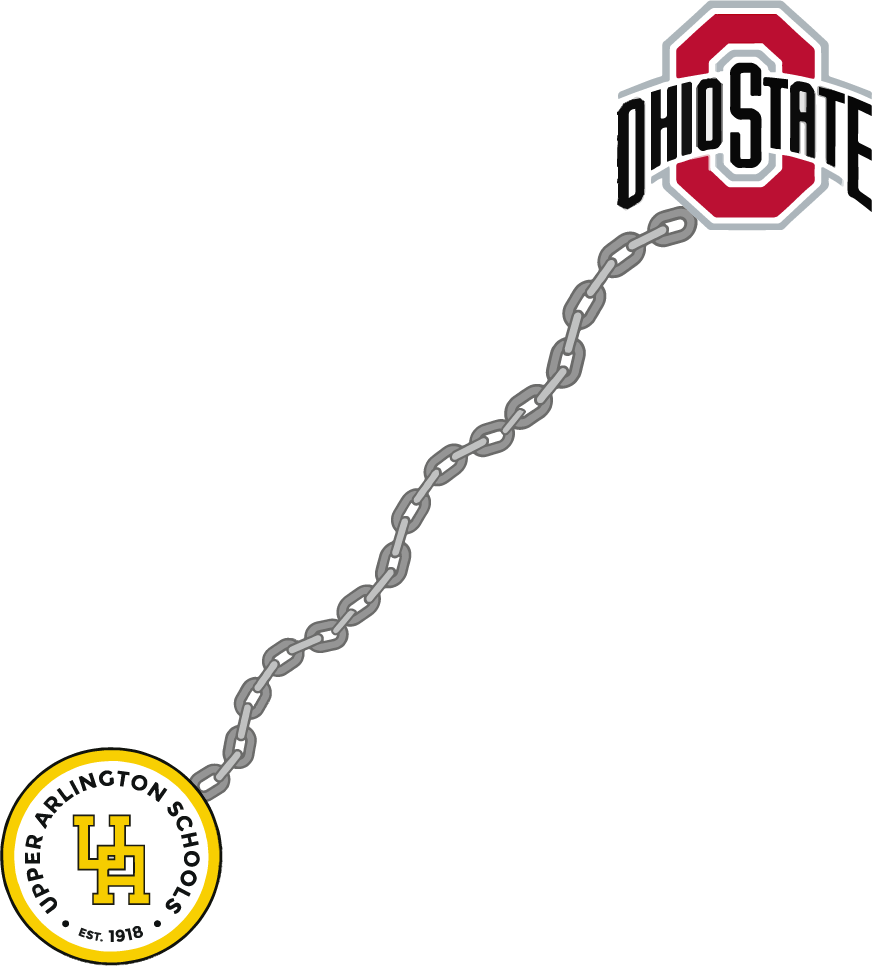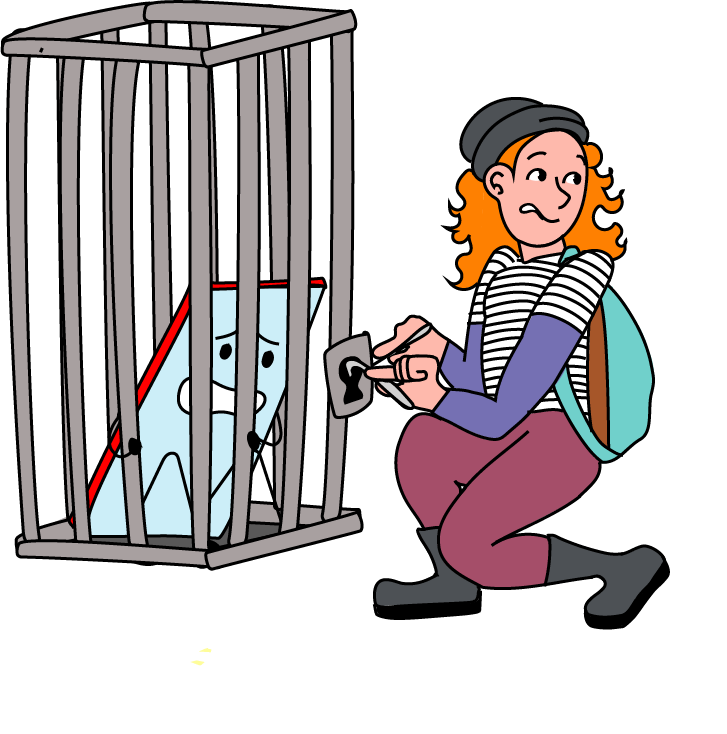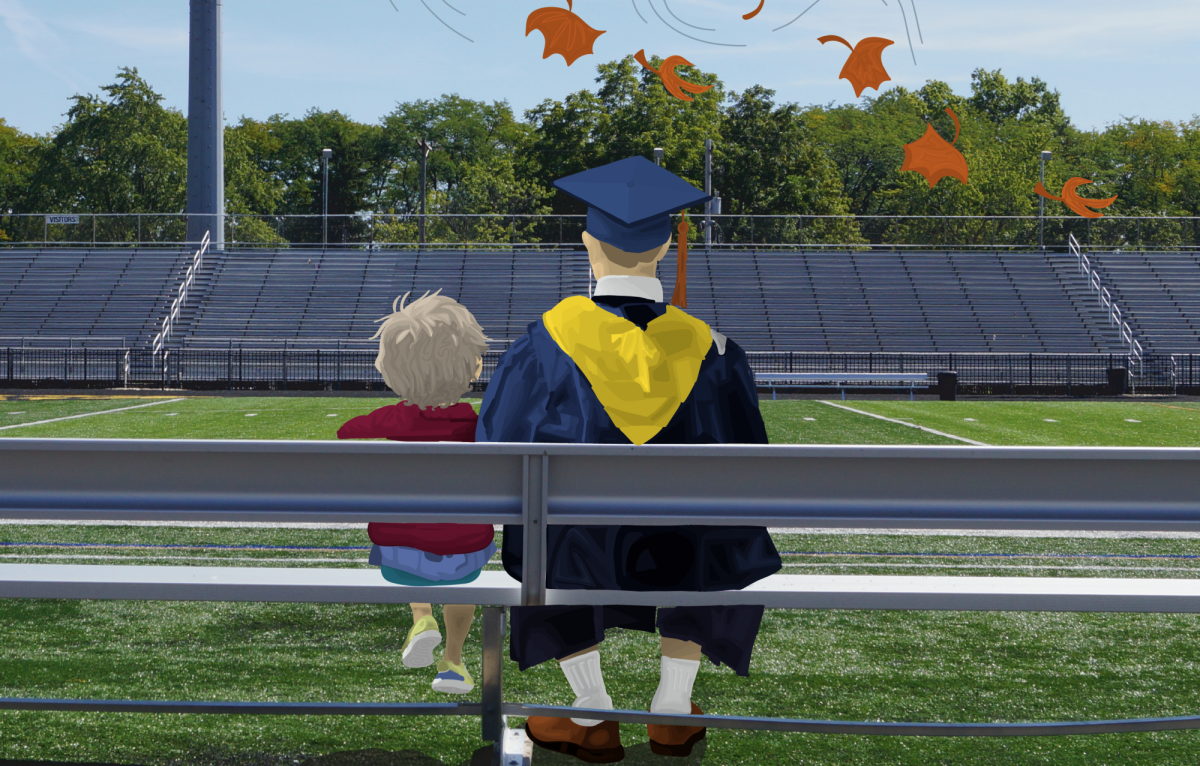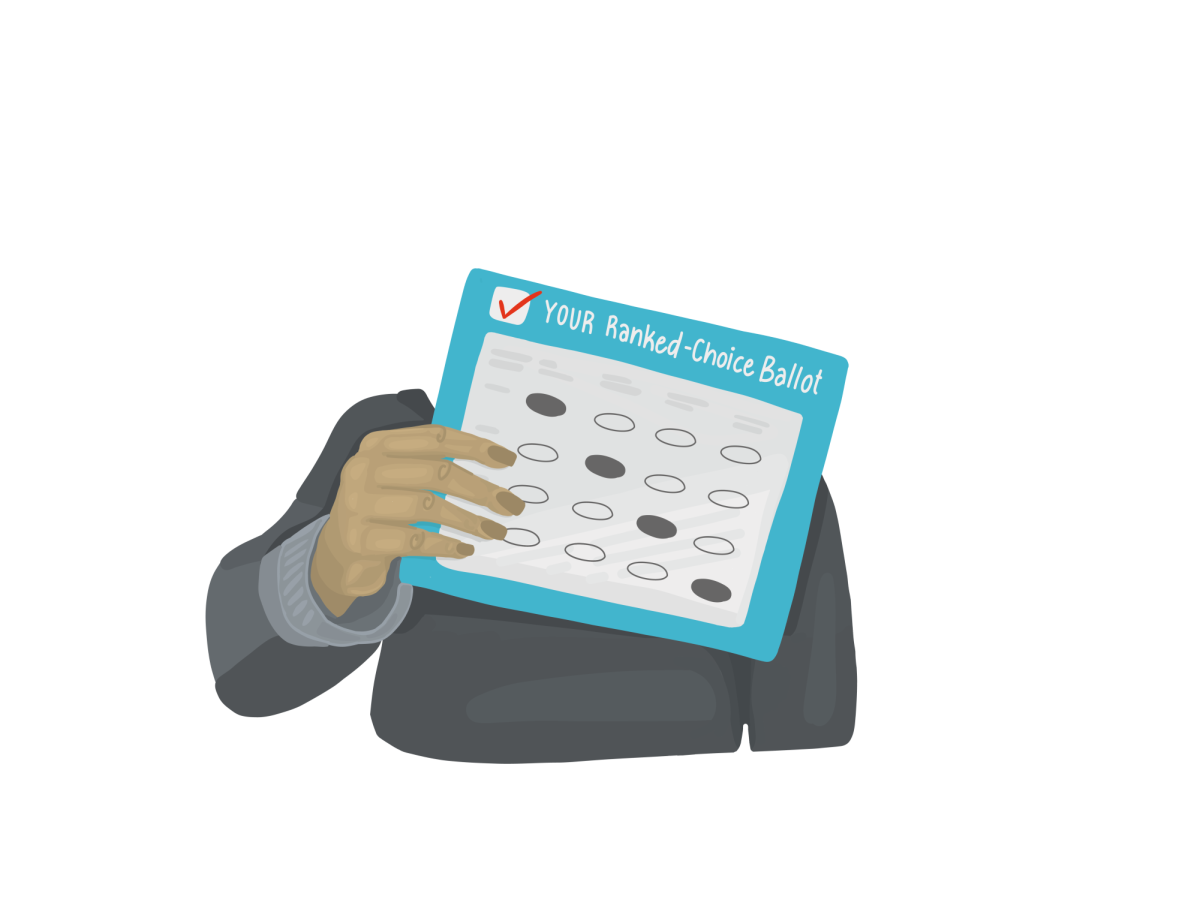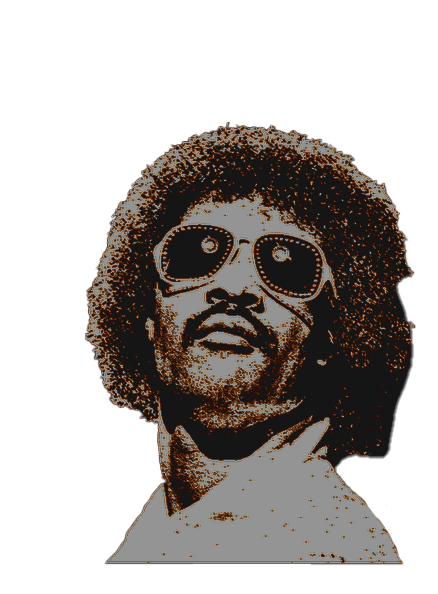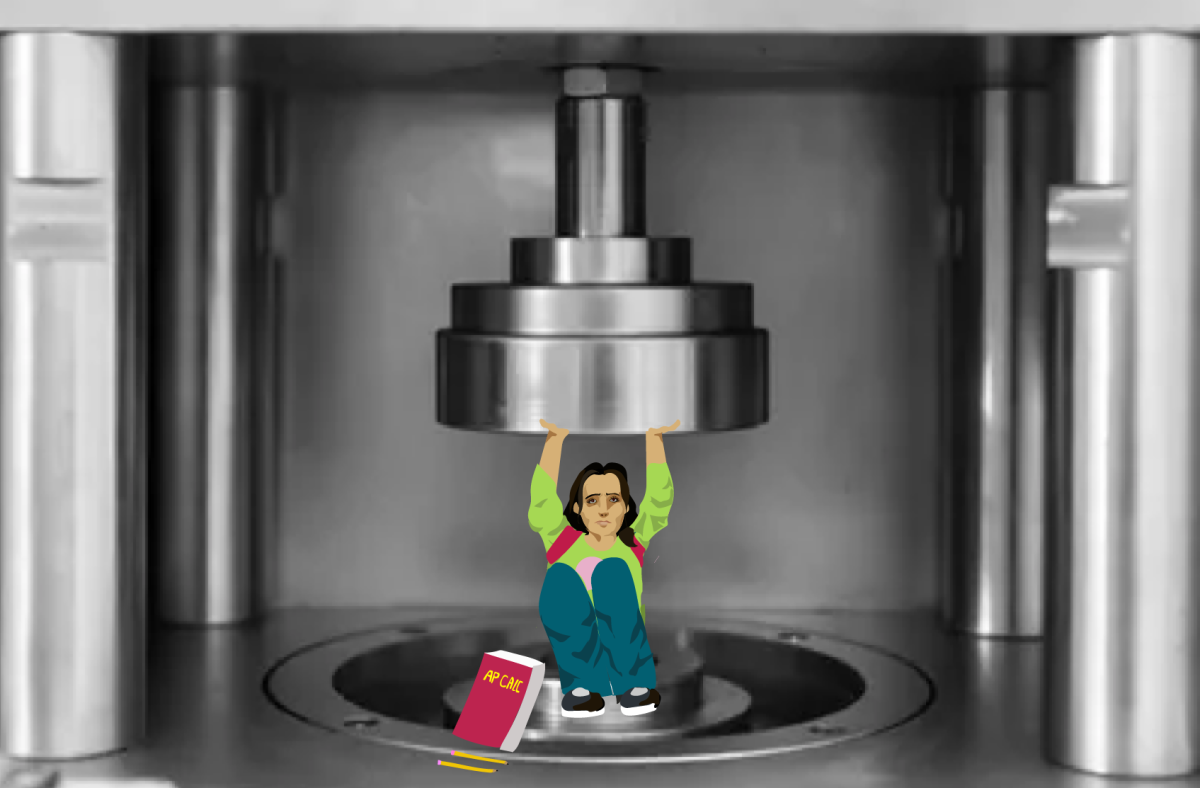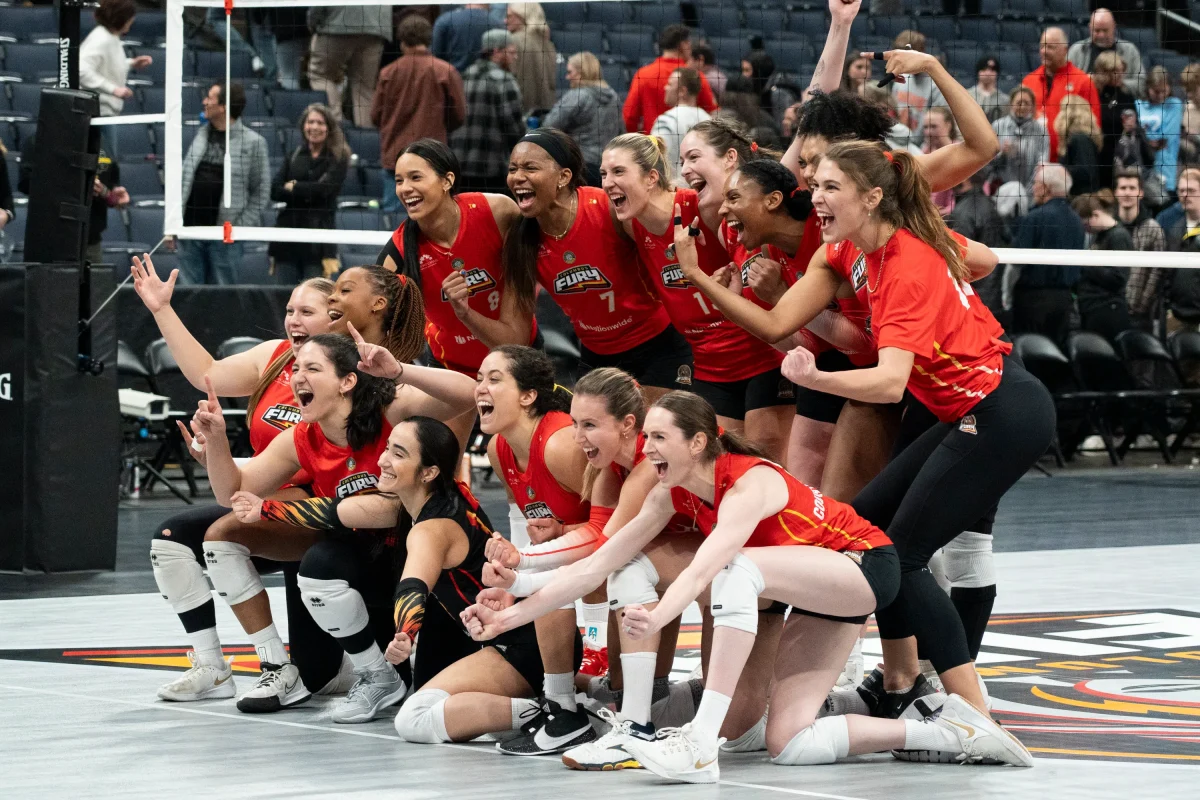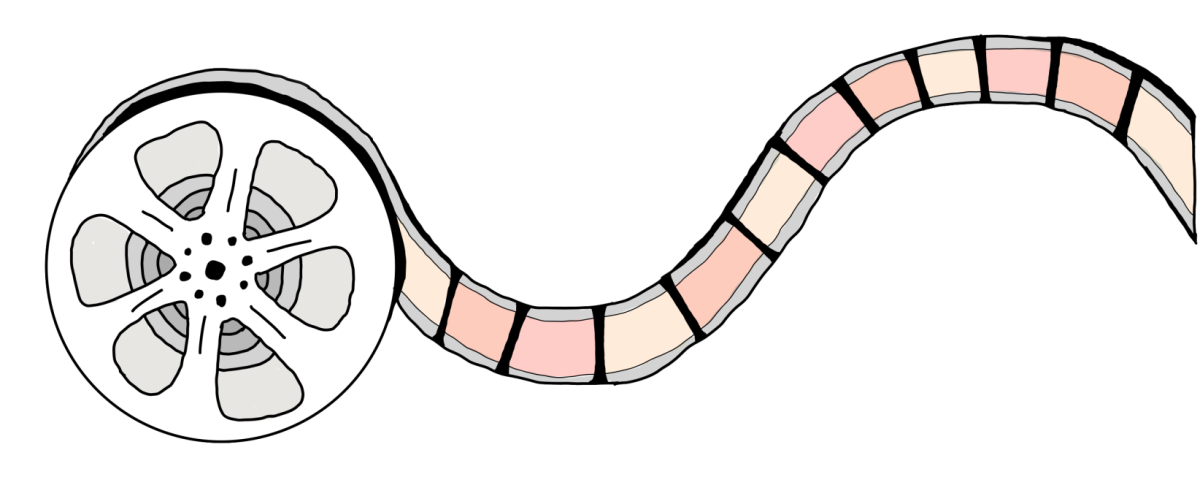When I think about elections, I think about the 2020 election and the controversy and problems surrounding it: election rigging, Russia, China, Trump and Biden. I think about 2016, ridden with accusations of election fraud, hush money and crimes as serious as treason. I don’t think Trump is a terrorist, but one thing I know for sure is that our election system is broken.
And it’s broken in a big way. The problem with the system we have in America is that we are in a winner-take-all trap. It allows us to think that our voices matter, and that our votes matter, while not taking them into account as much as they tell us. A PEW Research poll found that almost 40% of Americans feel underrepresented by the major parties in politics. Furthermore, just over 34% of citizens of voting age didn’t vote in 2024, according to the United States Census Bureau. A separate PEW Research poll found that 64% of Americans are in favor of eliminating the Electoral College. All states currently use winner-take-all electoral systems, which effectively puts district lines above the voters themselves.
Not only are we underrepresenting our citizens, but America’s election system has become a competition of funds. We have candidates competing for time on TV and burning millions on campaign advertisements slandering their opponent. Meanwhile, the working man still doesn’t feel seen. Many defamation cases come from political ads, with advertisements targeting opponents’ criminal history, financial history and more. However, this speech is protected by the First Amendment, specifically the detail that when speakers engage in political speech, they are not subject to laws hindering it which means that an advertisement during your regularly scheduled program could be libeling and defaming a candidate unbeknownst to the average viewer.
As voters it is our duty to be involved in politics and public policy. However, under the current rule of the Electoral College, a system which gives elite members of a committee in each state the power to choose which candidate their state gives their votes to. Many citizens feel as though there’s no reason to be involved, as if the choice has already been made for them. The way to change that is by implementing ranked choice voting. Ranked choice voting (RCV) is a form of election that encourages voting for the person you believe in, not the lesser of two evils. It eliminates the need for gerrymandering by counting votes equally, holds no regard for district lines and eliminates the worry that a third party candidate may play spoiler (take votes from a mainstream candidate). This in turn lets citizens vote for someone they feel represents their views rather than a slightly better option. Giving citizens only two choices for president wasn’t what the founding fathers intended, and RCV fixes it.
RCV allows more candidates to run for office without worrying about taking away votes. And in that, encourages more representation among citizens that vote for the candidate they truly feel recognizes them. RCV works so that if a voter’s number one candidate doesn’t win, their vote passes on to the number two candidate, which allows for more votes to go to candidates other than the two run by the main parties. Many voters have resigned from voting with the thinking that their vote for a third party doesn’t matter. However, through RCV we would allow funding and donations to matter less, and the message, values and campaigning of candidates to make more of a difference.
As of right now, America feels like one big popularity contest when it comes to election season. Candidates going back and forth, using ads to defame opponents and using the debate stage to attack their opponent instead of defending themselves. Instead of this, RCV discourages campaigns that attack others. Candidates have to build up their own values instead of tearing their opponents down, since all they need is a second place from everyone.
On top of fostering a community that votes for who they want and not who they dislike least, RCV also saves money compared to preliminary and runoff elections. RCV requires 50% less resources than runoff elections, because it combines the first and second election into two rounds of a single election. This completely eliminates the need for a second election, and the use of more resources.
Ranked choice voting is the key to reforming and improving the broken election system in America. It gives citizens more choices of who to vote for and encourages better representation, while also eliminating the threat of gerrymandering and district rigging, and encouraging a more positive campaign environment where candidates build their views up instead of attacking other candidates. It also greatly reduces the amount of money spent on elections. The election system is a key building block in America’s foundation, and having a crack in the foundation will cause the whole country to fall.


